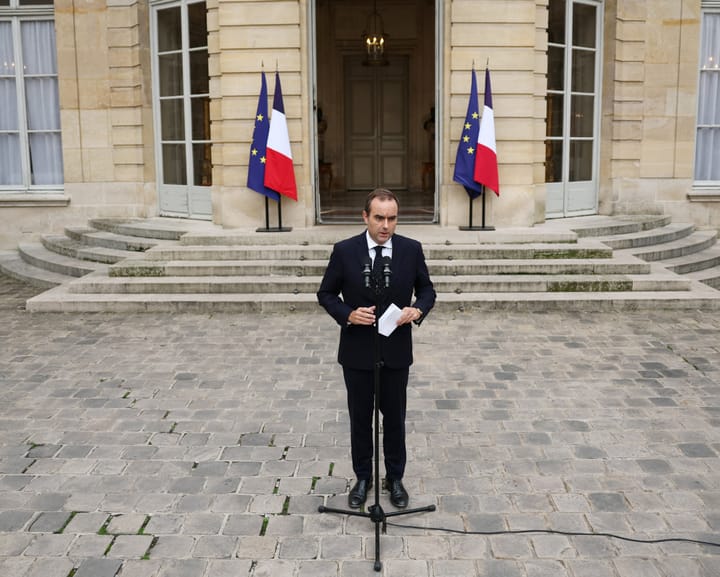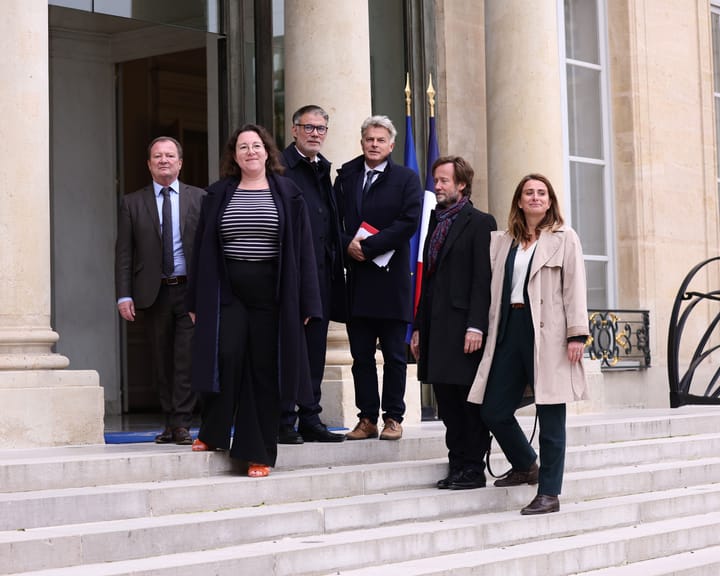EU Sanctions Envoy Holds Talks in Washington Amid Calls for Tougher Measures Against Russia
The EU’s top sanctions official is meeting with U.S. counterparts in Washington following remarks by Donald Trump indicating readiness to escalate measures against Russia over its ongoing war in Ukraine.
David O’Sullivan, the EU’s sanctions envoy, is holding discussions with U.S. officials on Monday as both sides explore stronger actions to weaken Russia’s military operations. This comes after Russia conducted its largest air assault on Ukraine in a single day over the weekend.
Before the talks, European Council head António Costa praised transatlantic coordination on sanctions, emphasizing continued U.S. involvement in supporting Ukraine. A European Commission spokesperson also confirmed that Commission President Ursula von der Leyen spoke exclusively about Ukraine in a recent call with U.S. Vice President JD Vance.
When questioned by reporters at the White House on Sunday about advancing to "the second phase" of sanctions, Trump responded, "Yeah, I am," without providing details. He added that some European leaders would soon visit the U.S. for individual discussions and that he planned to speak with Russian President Vladimir Putin.
Though Trump has repeatedly warned of harsher measures against Russia, previous deadlines for action have passed without new steps being taken.
In Helsinki, Costa noted that the EU and U.S. were working to align sanctions strategies and intensify pressure on Putin to engage in peace talks with Ukrainian leader Volodymyr Zelenskyy. He called for expanded sanctions targeting not just Russia but also nations purchasing its oil and gas.
German Chancellor Friedrich Merz’s office condemned Russia’s latest strikes, calling them a sign of further escalation. A government spokesperson also expressed hope that the U.S. would join Europe in advocating for stronger sanctions.
Recently, U.S. Treasury Secretary Scott Bessent suggested that both the U.S. and EU could impose tariffs on countries buying Russian oil, urging European partners to take similar steps. "This is a race between Ukraine’s resilience and Russia’s economic endurance," he said.
The U.S. has already implemented 50% tariffs on Indian goods due to New Delhi’s purchases of discounted Russian oil but has refrained from penalizing other major buyers, such as China.
For the EU, secondary sanctions—which would penalize third-party nations trading with Russia—could complicate efforts to finalize trade agreements, including with India, before year-end. These negotiations are critical as U.S. tariffs continue to strain global economic ties.
U.S. policy remains sharply focused on countering Russia’s actions in Ukraine.
Read next

"Indonesia school collapse: rescue efforts conclude with 67 fatalities"
Search Ends After Indonesian School Collapse Leaves Dozens Dead
Indonesian rescuers concluded their search on Tuesday for victims trapped beneath the rubble of a collapsed Islamic boarding school in East Java, after recovering more than 60 bodies, authorities confirmed.
The tragedy in the town of Sidoarjo struck last week when

"French PM makes last-ditch effort to save government as crisis deepens – Europe updates"
France's Political Standoff Continues as Prime Minister Seeks Cross-Party Support
France remains at a political stalemate as the outgoing prime minister, Sébastien Lecornu, makes a final attempt to gather support from rival parties for a new government.
President Emmanuel Macron assigned Lecornu, 39, to form a government in

"Macron calls emergency talks with parties to swiftly pick new PM"
Emmanuel Macron has called upon the leaders of several political factions to his office, urging them to demonstrate "collective responsibility" as he seeks to appoint a new prime minister amid growing political turmoil.
All parties except Marine Le Pen’s far-right National Rally, the largest opposition group, and

